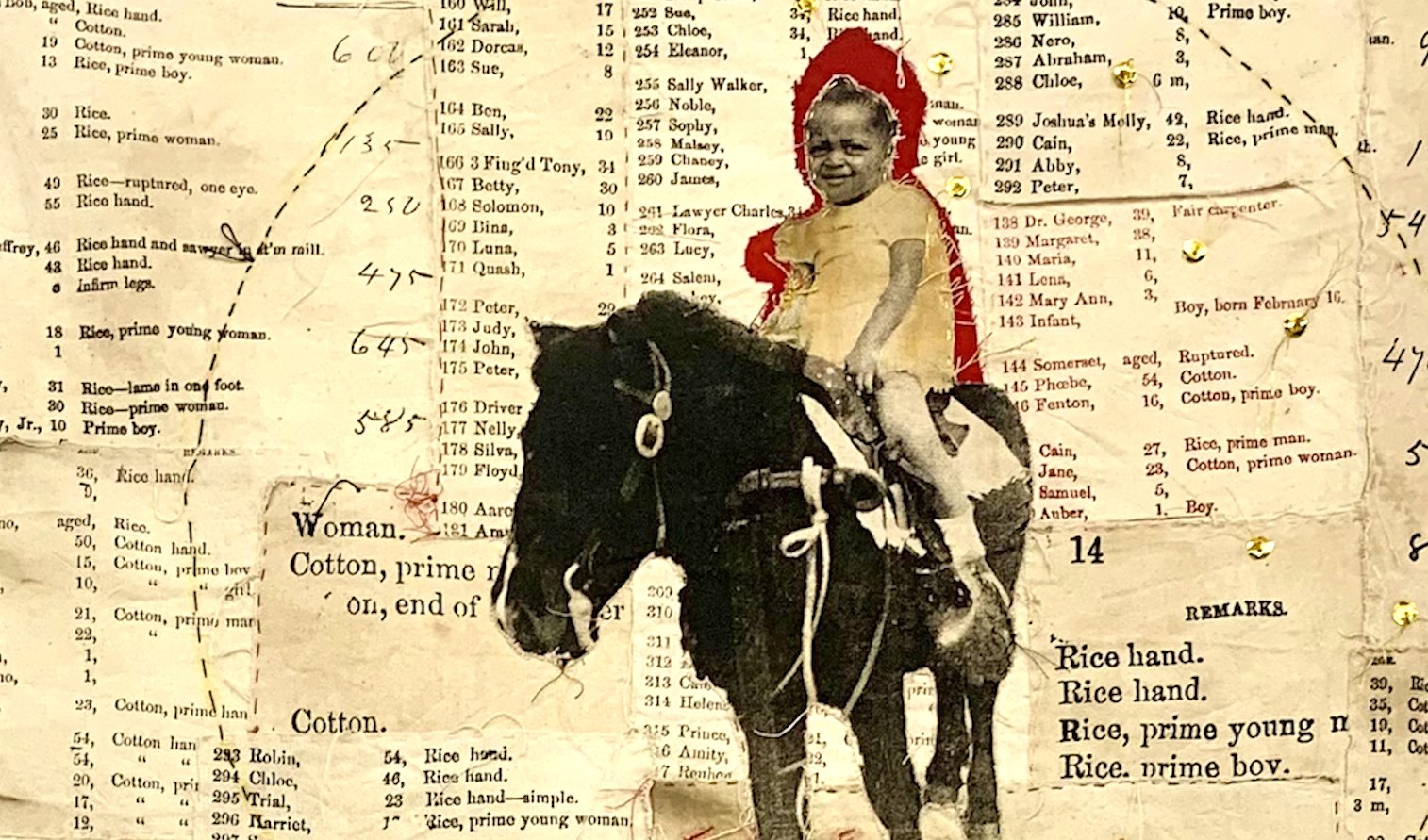Ritual Cloths
Elvira Clayton
GALLERY II
Elvira Clayton, The Shamans (detail), Ritual Cloths series, Cotton and Rice project, 2023, screen-print, mixed-media on plant-dyed osnaburg, triptych, 96 x 48 inches (each).
April 22 – May 21, 2023
Opening reception: Saturday, April 22, from 6–8pm
Opening performance: Saturday, April 22, 6:45pm
“None of the Butler slaves had ever been sold before—but have lived on these two plantations since they were born. Here have they lived their humble lives and loved their simple loves; here were they born, and here had many of them had children born unto them; here had their parents lived and are now resting in quiet graves on the old plantations that these unhappy ones are to see no more—forever.” — Mortimer Thomas, “Great Auction Sale of Slaves at Savannah, Georgia”
A.I.R. Gallery is pleased to announce Ritual Cloths, an exhibition by 2022–2023 Fellow Elvira Clayton. The exhibition will include a group of textile-based works, a small installation, a sound piece, and a performance by Clayton on the exhibition’s opening night. This is Clayton’s first solo show in New York City.
Ritual Cloths is a textile-based series and part of Clayton’s ongoing project Cotton and Rice. The project explores the largest recorded slave auction in U.S. history by paying homage to the people sold through the auction. While researching the project at the Historical Society of Pennsylvania, Clayton came across one of the auction’s original printed catalogs. A staff member generously gave her a digital copy. She considers her catalog copy a treasured, serendipitous find, and it significantly informs the Ritual Cloths series.
The slave auction took place at a racetrack outside of Savannah, Georgia on March 2nd and 3rd, 1859. The enslaved people had lived on two plantations: one rice and one cotton. All were the property of Pierce Mease Butler, whose papers house the catalog that Clayton found. Butler had inherited his wealth of human property from his grandfather, Major Pierce Butler, one of the signatories of the U.S. Constitution. His massive gambling debt necessitated the sale of some of his “movable properties.” When the auction was complete, 429 women, men, and children had been sold for $303,850 (approximately $7,000,000 today). The profits settled Butler’s debt and re-established his wealth. Shortly after the auction, he sailed to Europe for a vacation.
Clayton uses text drawn directly from the auction catalog as source material in Ritual Cloths. Referencing the parallel histories of American quilting and slave labor, she hand-stitches this text onto fabric, creating quilted works that also combine objects from the natural world, screen-printed images of enslaved people, and images from the artist’s own family. Clayton has been working with textiles and textile-related processes since 2018. In the Ritual Cloths series, she primarily uses osnaburg, a fabric historically known as “slave cloth” and manufactured expressly for clothing enslaved people.
In addition to the quilted works, the exhibition will feature some of Clayton’s recent hand-woven pieces. These new hand-crafted works are rooted in the legacy of black hands being used to build wealth for others, as well as the tradition of enslaved quilters using fabric scraps and other discarded or found materials to create articles that were both functional and protective, designed to keep their loved ones safe and alive. With the weavings, Clayton is using remnants of mediums she used in making the quilted works. She is exploring ways to further manipulate those materials; her focus is materiality and experimentation. Her hand-woven pieces exist in a space between weaving and assemblage, and there is a back-and-forth conversation between the quilts and the weavings.
Anchored in historical research, much of Clayton’s practice responds to the lives of people who lived under American slavery. She mines slave-related archive collections and documents to uncover hidden histories and stories that she brings to light through her work. Clayton says, “Through this process, I am honoring my own enslaved ancestors.”
Elvira Clayton (b. 1971, Lafayette, LA) has had solo shows at The AEGON Gallery, Centre College, Danville, KY, Fine Arts Gallery, Western Kentucky University, Bowling Green, KY, and Riverfront Art Gallery, Yonkers, NY. Her work has been exhibited in group exhibitions throughout the U.S. As a member of The Black Women Artists For Black Lives Matter Performance Group, she has presented performances at The New Museum, NY, Project Row Houses, Houston, TX, and The Brooklyn Museum, NY. Clayton is a 2022–2023 A.I.R. Gallery Fellow and a 2022 Robert Blackburn Studio Immersion Fellow. She has been awarded residencies with The Women’s Studio Workshop, Residency Unlimited, The Anderson Center for Interdisciplinary Studies, and Blue Mountain Center. She has been both a Laundromat Project Create Change Fellow and Commissioned Artist. She is a 2022 Barbara Deming Fund, Money For Women Grant recipient, and a four-time recipient of The Manhattan Community Arts Fund Grant. Her work has been featured in The Killens Review, Glasstire, Callaloo Journal, and Artsy.net. She lives in Harlem, NY and works from her studio at The Textile Arts Center in Brooklyn, NY.
View the Press Release here.
View Elvira Clayton’s page here.
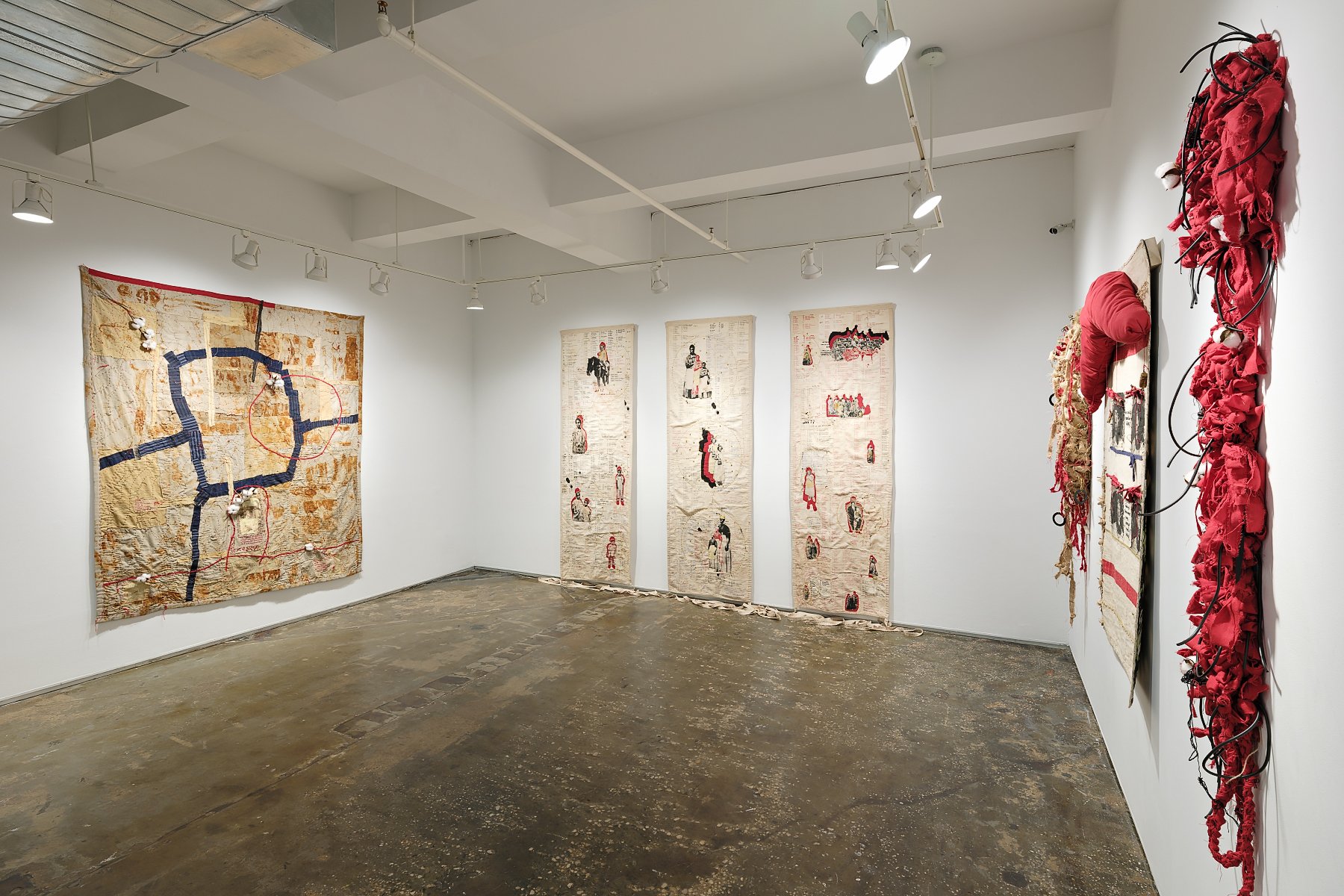
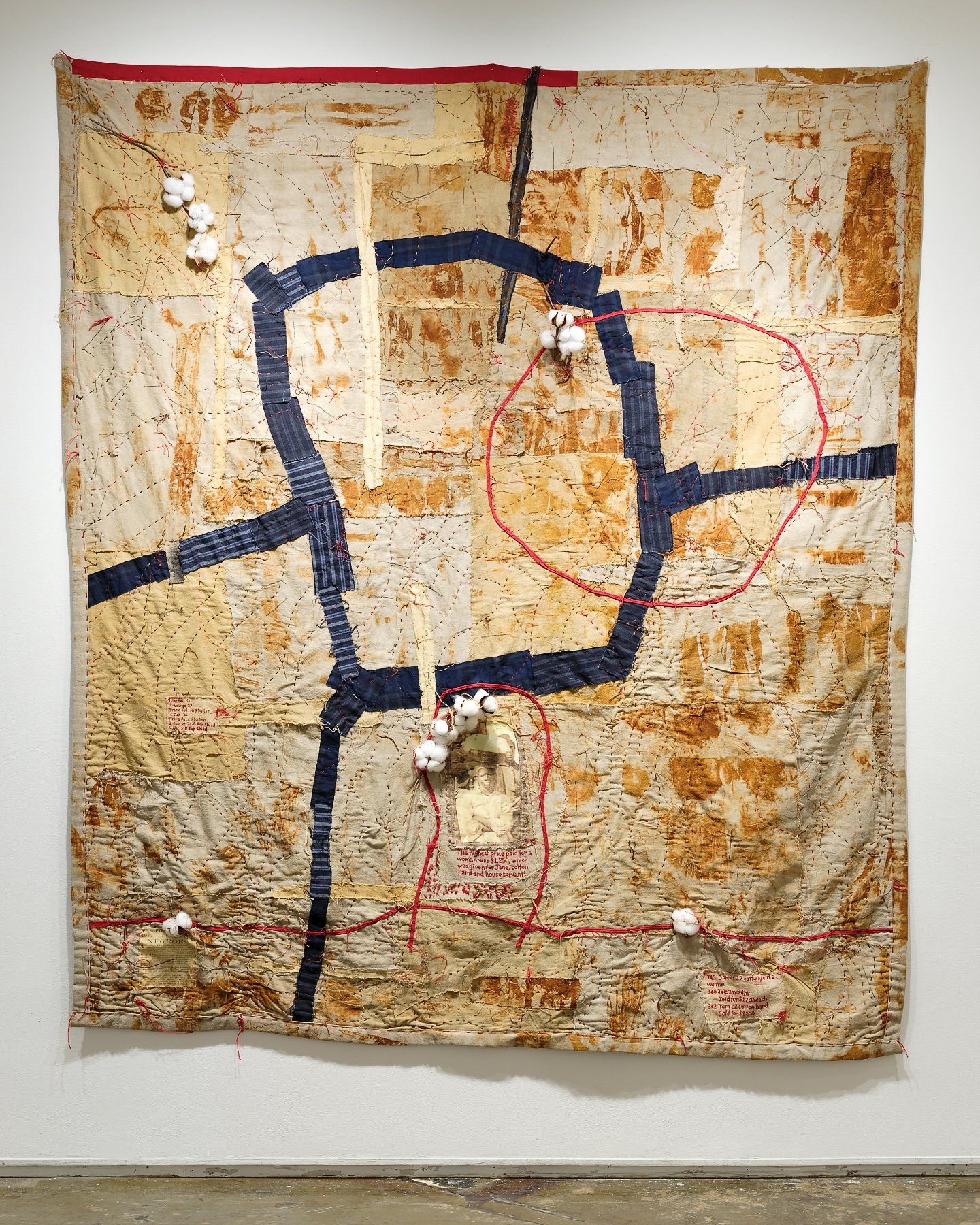
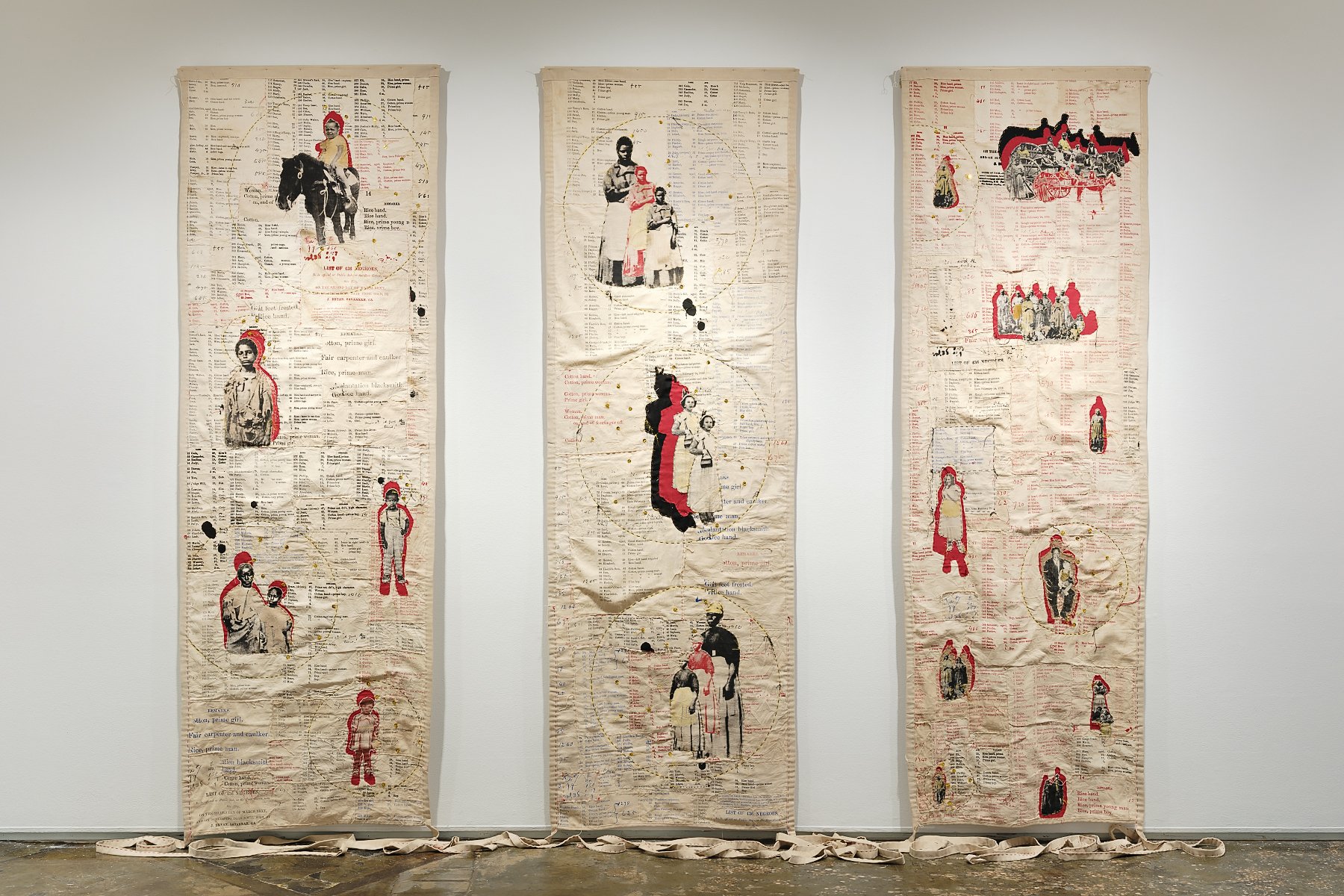
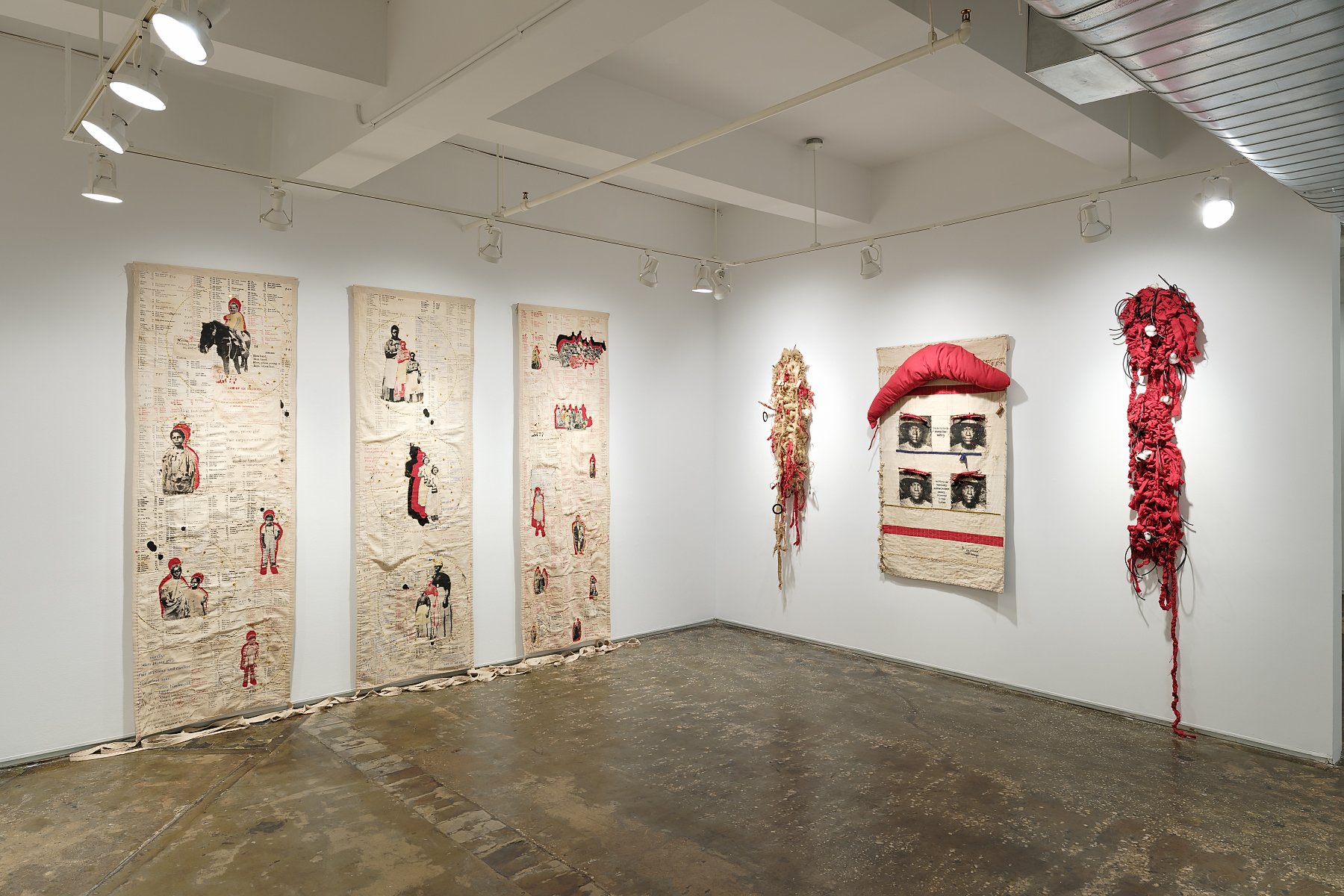
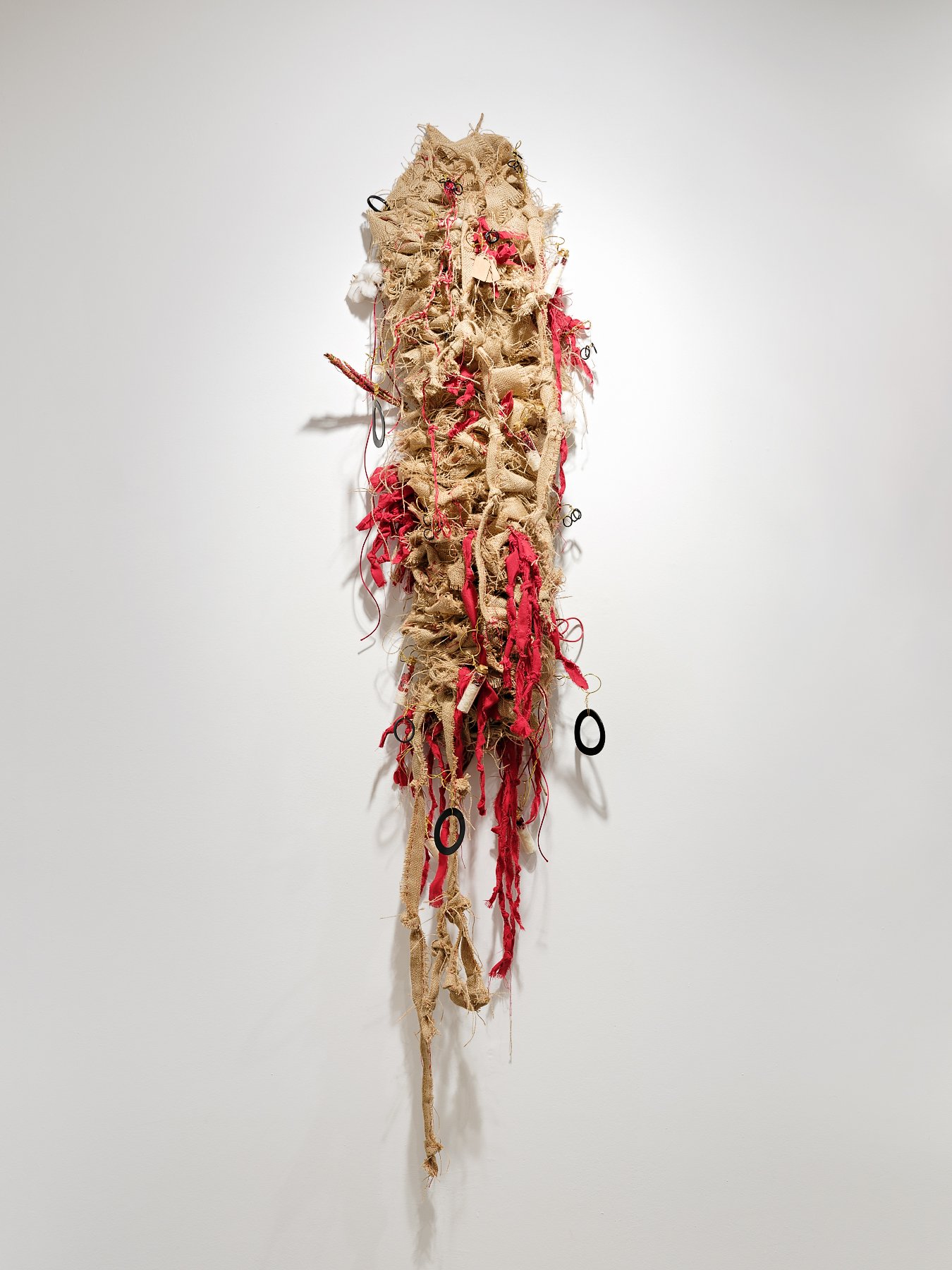
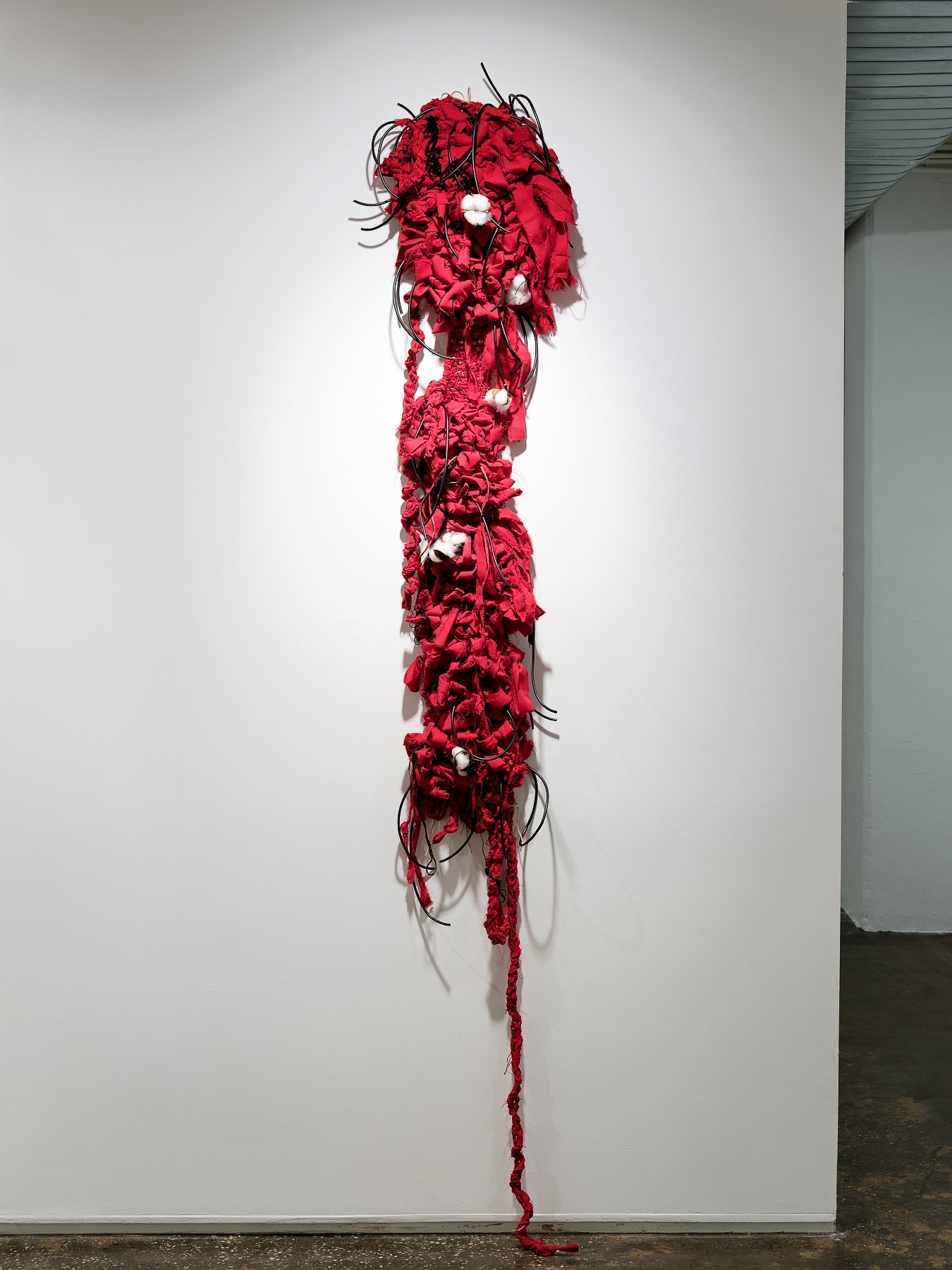
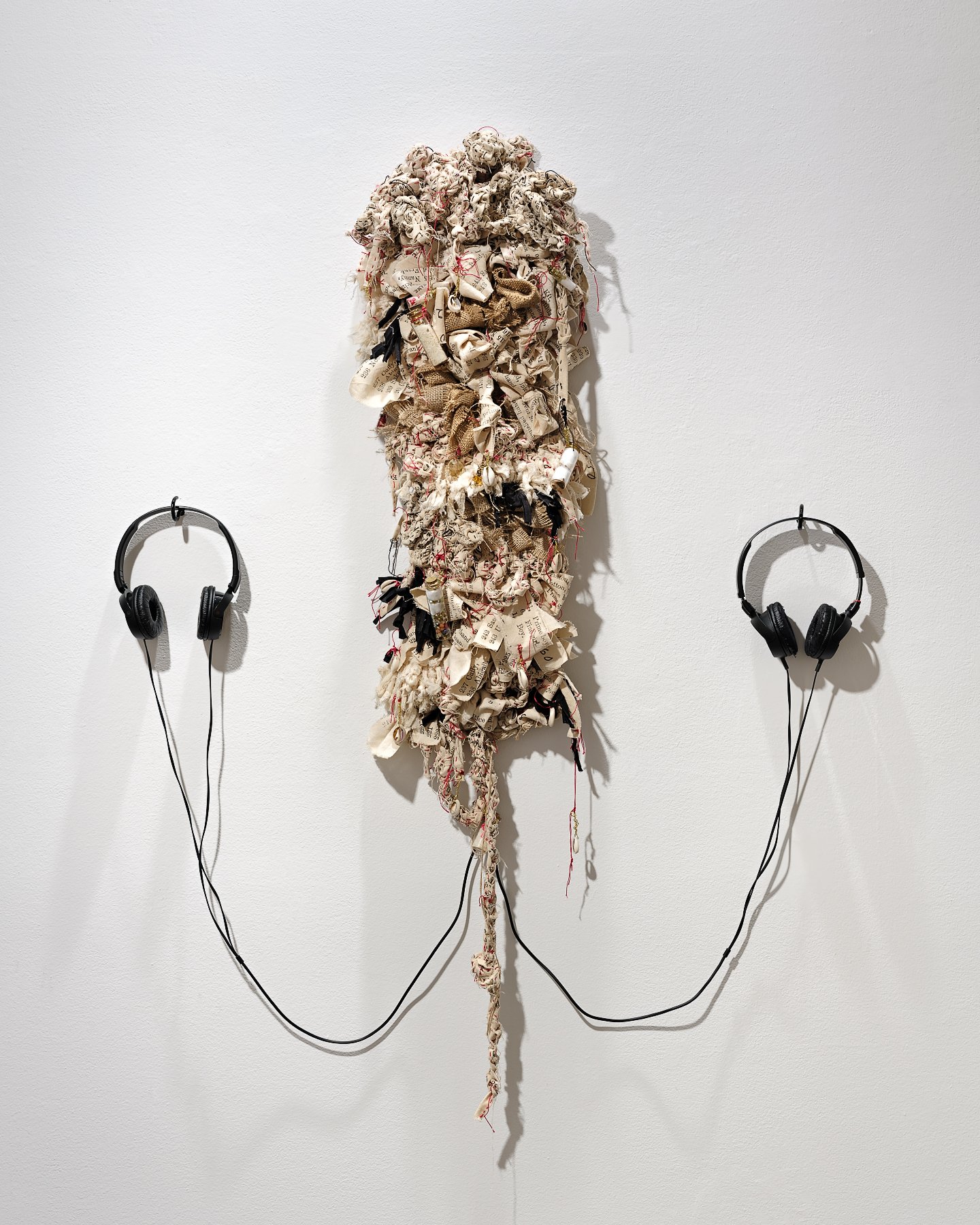
Photography: Sebastian Bach

